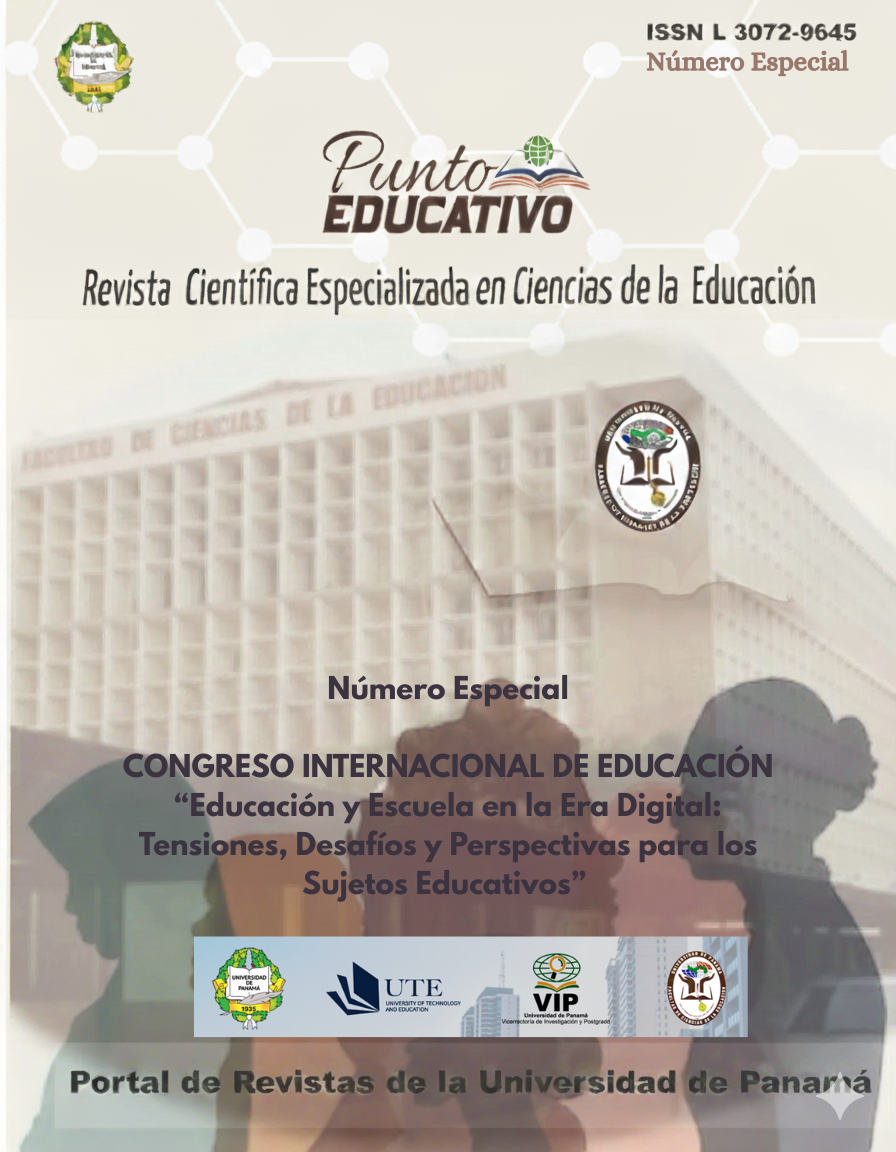

Copyright (c) 2025 Punto educativo

This work is licensed under a Creative Commons Attribution-NonCommercial-ShareAlike 4.0 International License.
The evolution of the curriculum and contemporary didactics has highlighted the need to adapt educational practices to address student diversity. At the Antonio Nariño Educational Institution in Montería, the lack of an integrated approach that links the curriculum with inclusive didactic strategies has limited the effectiveness of the teaching-learning process, particularly for students with learning barriers or disabilities. This presentation focuses on a theoretical and conceptual debate arising from the importance of demonstrating the impact that applying a contemporary didactic model, which strengthens inclusive education through a curriculum adapted to current needs, would have. It also proposes an in-depth analysis of the didactic practices at the institution, aiming to identify how contemporary methodologies can be implemented to improve the educational experience and promote greater inclusion. Additionally, the application of curricular policies that support dynamic and adaptable didactic approaches, capable of effectively integrating all students into the educational process, will be considered. The theoretical analysis of this presentation addresses the relationship between curriculum and didactics in the context of inclusive education, drawing on the ideas of pioneering authors in the field. Finally, the importance of this work lies in its ability to propose a solid theoretical framework that can serve as a foundation for future implementations at the Antonio Nariño Educational Institution and as a reference for other institutions seeking to innovate in their pedagogical practices.